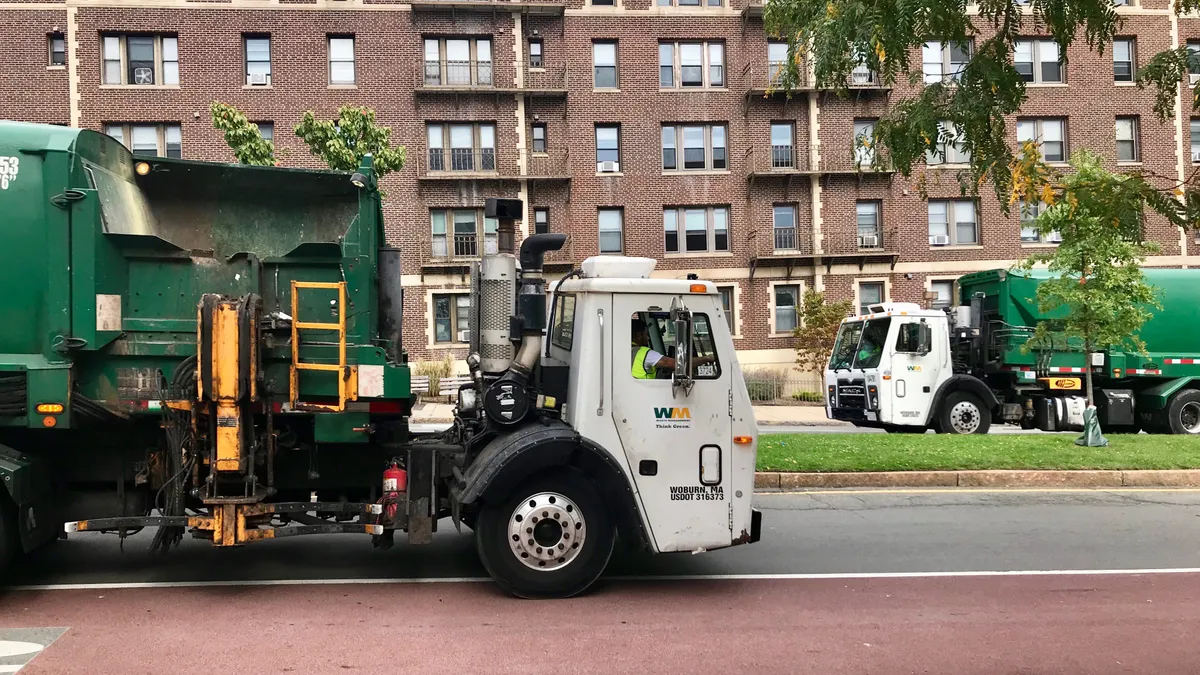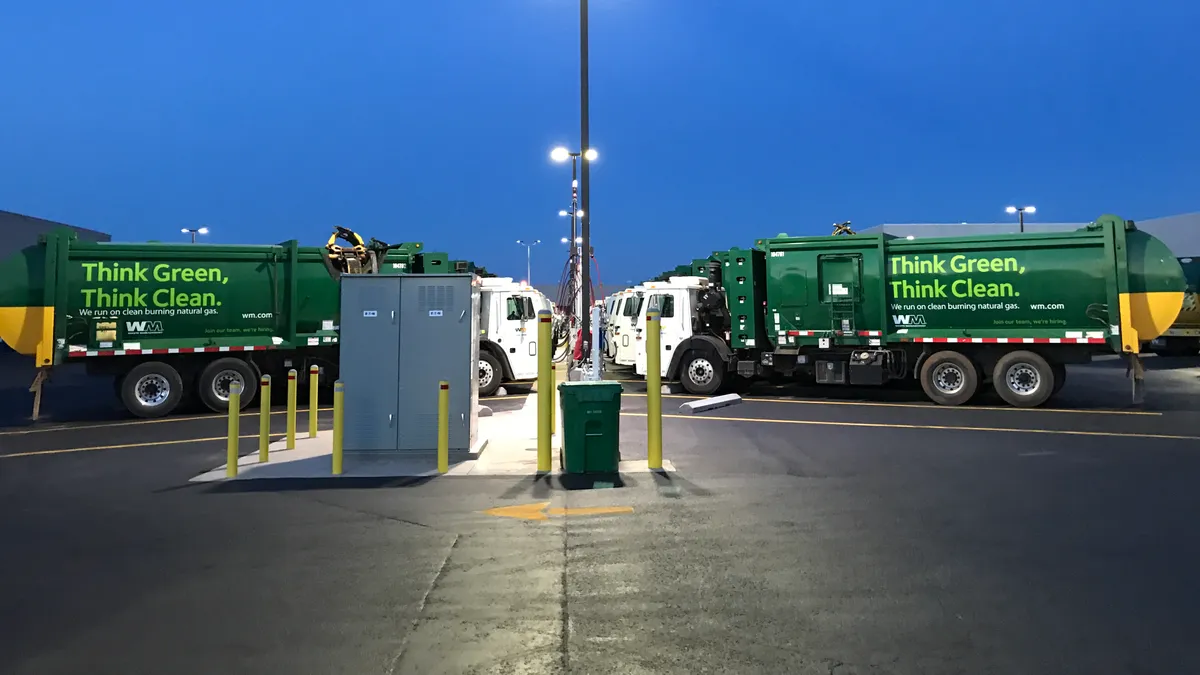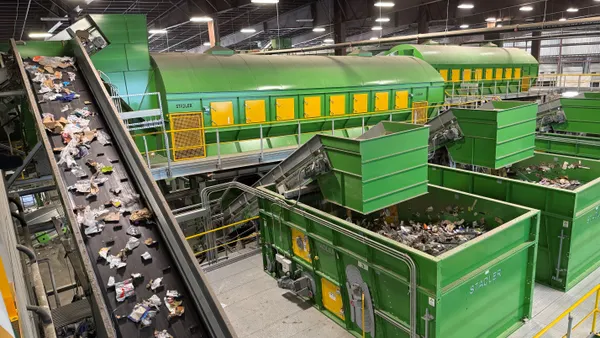The final day of Resource Recycling’s Plastics Recycling 2016 conference was just as informative and enlightening as the first two, offering sessions ranging from multi-layer laminates to recovered plastics around the globe.
While the objective was to give recyclers and manufacturers a better idea of their peers' projects, suggestions on how they can increase revenue, and insight on the future of the industry, the conference's final sessions discussed an important element for success: communication with consumers.
"They expect us to walk the talk," said Nestle Waters' Bottle Recycling Director Pete Steer, discussing how customers look to the company for guidance on how to practice sustainability.
In order to get consumers to use and recycle materials the way that industry stakeholders aim for, clear communication is key. This goes for companies hoping to label their materials with a green claim such as "non-toxic" or "degradable," or big brands looking to reach sustainability goals. The consumers hold a large amount of power in the industry, and relying on them to assist in company improvement is a realistic dependency — as long as they have clear guidelines to follow.
'Claims need to be literally truthful, and they need to be truthful in their application'
Elisa Jillson, an attorney in the Federal Trade Commission's Bureau of Consumer Protection, in Wednesday's "Embracing Government Guidelines" session examined how "green" definitions can get hazy — and what manufacturers can do to ensure they don't cross the line.
"You have to give consumers enough information that they're not misled by your claim," Jillson explained. "If you want to make a biodegradable claim, great. Just qualify it so consumers don't misunderstand how long it's going to take that product to break down."
"Green claims" — which companies and manufacturers use to promote the sustainability of their product — can get such stakeholders in trouble if they're not used correctly.
"The FTC protects consumers even if consumers are wrong," said Jillson. "So the scientific or technical definition of a term, the real world reality may be one thing, and consumers may perceive something totally different. And what we do is protect consumers."
A specific issue on this matter was raised when the FTC cracked down on ECM Biofilms, alleging that ECM's "biodegradable" claims were deceptive. While this matter is still being worked out, the FTC has stood by their rules that degradable claims must be "substantiated with competent and reliable scientific evidence."
"As consumers are exposed to more of these properly qualified claims, their perception ultimately will evolve," Jillson said.
Paving the path to sustainability with consumers in mind
In the conference's final plenary session, "Industry Insight from Major Brands," representatives from General Mills, Starbucks, Nestle Waters North America, and Unilever gathered to express how plastics recycling fits into their larger sustainability goals.
"(Decisions) come down to what the consumer need is," said Julie Zaniewski, the packaging sustainability manager for Unilever North America. She went on to explain that simply listening to consumers — whether its directly through customer service complaints, or indirectly through monitoring sales — can be crucial in paving a path to sustainability. In Unilever's case, recycled content has been demanded by their consumers.
"Recycled content fits within our corporate goals," she said. "Consumers want it now. What we do is always with consumers in mind. We see that consumers now understand it more, they look for it, and there's an expectation for that. When that happens, you know that you have to keep the train moving."
Susan Long, environmental impact manager on the Global Responsibility and Public Policy team at Starbucks, agreed that consumers play a large part in deciding what type of sustainable packaging is successful — even if their desires aren't necessarily economical.
"I think that it's absolutely true that consumer research and market experience indicates that consumers particularly in North America are not willing to pay a very significant premium for more sustainable products. Consumers express that they want them — they want the performance, the product that they're looking for, and the sustainability, and they want it all at the same price. But I would say that as a company, we feel pretty strongly that doing the right thing, being a sustainable company adds to our brand reputation, which is what drives consumers to come into our stores and trust us and buy our products. So it is adding value but it may do it in a more indirect way," she explained.
Emma Cauchey, a research and development packaging engineer and packaging sustainability representative for General Mills, agreed that although it may be a slow process, consumers are beginning to learn the environmental value of recyclable products.
"I do think that the atmosphere in perceptions of consumers in importance of recyclability both are changing, and it's going in the right direction. I don't think it's going to be an immediate change, it's going to be a culture change that's going to happen over a period of years," she said.





















